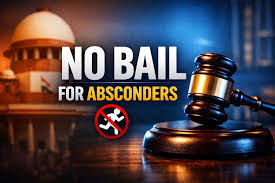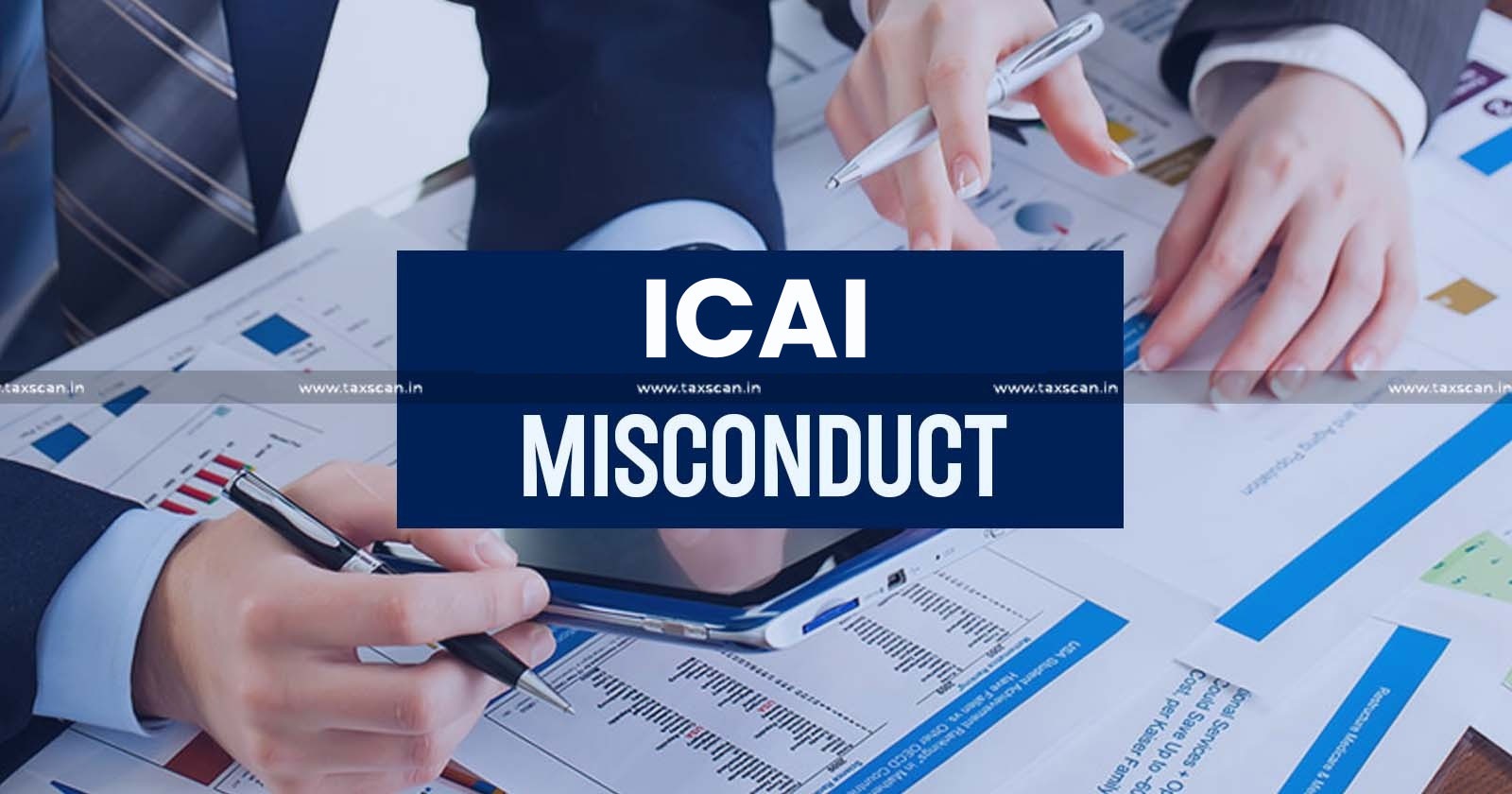Iqbal Ahmad, J.@mdashThis appeal arises out of a suit for sale on a mortgage dated 8th March 1919, and the sole question for consideration in the appeal is whether -or not the Courts below were right in holding that defendants 8 to 10 had acquired the rights of a prior mortgagee of the year 1919 and were entitled to hold up that mortgage as a shield against the claim of the plaintiff-appellant. The. facts are as follows:
2. One Muqaddam mortgaged his property; in the year 1913 by means of a deed of simple mortgage to one Murlidhar. He. again mortgaged the same property in the year 1919 to the plaintiff appellant. Muqaddam''s brother Pir Baksh also joined in the execution of the mortgage of 1919, but I am not concerned in the present appeal with the share mortgaged by Pir Baksh. Murlidhar put his mortgage into suit and obtained a preliminary decree in the year 1925 and a final decree in the year 1926. The final decree was for a sum of Rs. 539-4-6 with futures interest at six per cent. per annum. After Murlidhar obtained the final decree for sale Muqaddam''s equity of redemption: in the mortgaged property was sold in. execution of a simple money decree and purchased by Babu Ram, the predecessor-in-title of defendants 8 to 10. Babu Ram paid a sum of Rs. 539-4-0 to Murlidhar on 22nd January 1928, in satisfaction of the final decree held by him (Murlidhar). Murlidhar had not impleaded the present plaintiff in the suit for sale brought by him and the present plaintiff therefore was not debarred from putting his mortgage into suit.
3. Babu Ram died before the suit giving rise to the present appeal was filed and the plaintiff impleaded amongst other defendants 8 to 10, the successors-in-interest of Babu Ram, on the allegation that they were subsequent transferees of the mortgaged property. These defendants contested the suit on the allegation that by paying up the decretal amount to Murlidhar they had acquired the rights of Murlidhar as prior mortgagee, and, as such, the plaintiff was not entitled to sell the property for the recovery of the amount due to him without first paying to them the amount due on the basis of the prior mortgage of 1919. This contention of the defendants has been accepted by both the Courts below. It is contended by the learned Counsel for the plaintiff-appellant that as the amount due on the basis of the final decree in the year 1928, when the payment was made by Babu Earn, far exceeded the sum of Rupees 539-4-0 the mortgage of Murlidhar was not redeemed in full by Babu Ram it is therefore argued that the right of subrogation was not acquired by Babu Earn. In support of this contention reliance is placed on the last paragraph of Section 92, T.P. Act which provides that:
Nothing in this section shall be deemed to confer a right of subrogation on any person unless the mortgage in respect of which the right is claimed has been redeemed in full.
4. The argument is that in order to acquire the right of subrogation conferred by Section 92 Babu Ram should have paid to Murlidhar, the entire amount mentioned in the final decree together with interest awarded by that decree. This contention, in my opinion, is untenable. All that is necessary to confer the right of subrogation is that the mortgage in respect of which the right is claimed should have been redeemed in full. It is not necessary that the entire amount due on the basis of the mortgage should be paid if the mortgagee agrees to let the mortgage be redeemed on payment of a smaller amount. In the present case there is nothing to show that Murlidhar did not consent to let his decree stand satisfied on payment of sum of Rs. 539-4-0 only. This point was not raised in either of the Courts below and therefore the matter was not decided by those Courts. There is however the fact that the son of Murlidhar came in the witness-box and testified to the fact that his decree'' had been discharged. The mortgage of Murlidhar was therefore redeemed in full and defendants 8 to 10 were subrogated to the right that Murlidhar had on the basis of the mortgage of 1913. The decrees of the Courts below are therefore perfectly correct and accordingly I dismiss this appeal with costs.

